Marina Tristán on Arte Público Press and Latin American Writing
Marina Tristán is the assistant director of Arte Público Press at the University of Houston, where she oversees day-to-day operations with a particular emphasis in marketing and promotions for their books, authors, and programs. A native of Texas, she has worked for Arte Público Press for almost thirty years.
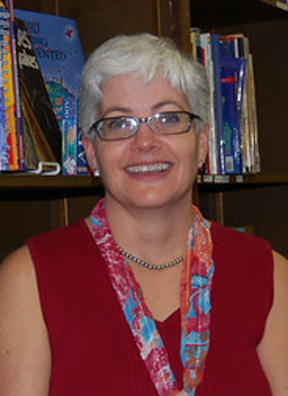
It has been gratifying to finally begin to see a shift in attitudes about the value of writings by Latinos (which is not to say that there aren’t any problems in the publication and distribution of books by diverse writers). We now have a U.S. Poet Laureate who is Mexican American! And in Houston—where Arte Público is based—the city’s first Poet Laureate was a Latina. Gwendolyn Zepeda held a two-year term from 2013-2015. Not surprisingly, we published her first collection of short prose almost ten years before, back in 2004.
Like all contemporary authors seeking to build an audience for their work, Gwen has read from and talked about her books at a slew of places around the country and in Houston, her hometown. We have been fortunate to collaborate with local community groups like the Multicultural Education and Counseling Through the Arts (MECA), as we did in April to launch Gwen’s second poetry collection, Monsters, Zombies and Addicts (Arte Público Press, 2015).
This reading was particularly poignant because Gwen grew up at MECA, singing and dancing in theatrical performances, designing sets, and working summer jobs. Her reading was a homecoming of sorts, and friends—old and new—laughed and cried with her. Clever and very funny, Gwen’s poetry reading was deeply personal and included musings on family, childhood remembrances, and societal expectations. One can only wonder what the future holds for Gwen: U.S. Poet Laureate? Pulitzer Prize winner? National Book Award finalist? Stay tuned!
Meanwhile, Arte Público will continue to do what it has done for the past thirty-three years: publish and promote Latino authors so that American culture includes, values, and reflects Hispanic contributions.
Photo: Marina Tristán Credit: Carmen Peña Abrego
Support for Readings & Workshops events in Houston is provided by an endowment established with generous contributions from the Poets & Writers Board of Directors and others. Additional support comes from the Friends of Poets & Writers.





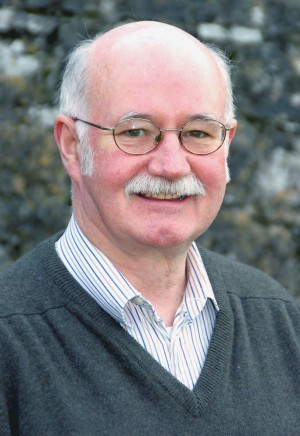 Submit a poem of any length with a €5 (approximately $5) entry fee by July 24. Multiple submissions are accepted, and the prize is open to international writers. Submit via e-mail to
Submit a poem of any length with a €5 (approximately $5) entry fee by July 24. Multiple submissions are accepted, and the prize is open to international writers. Submit via e-mail to 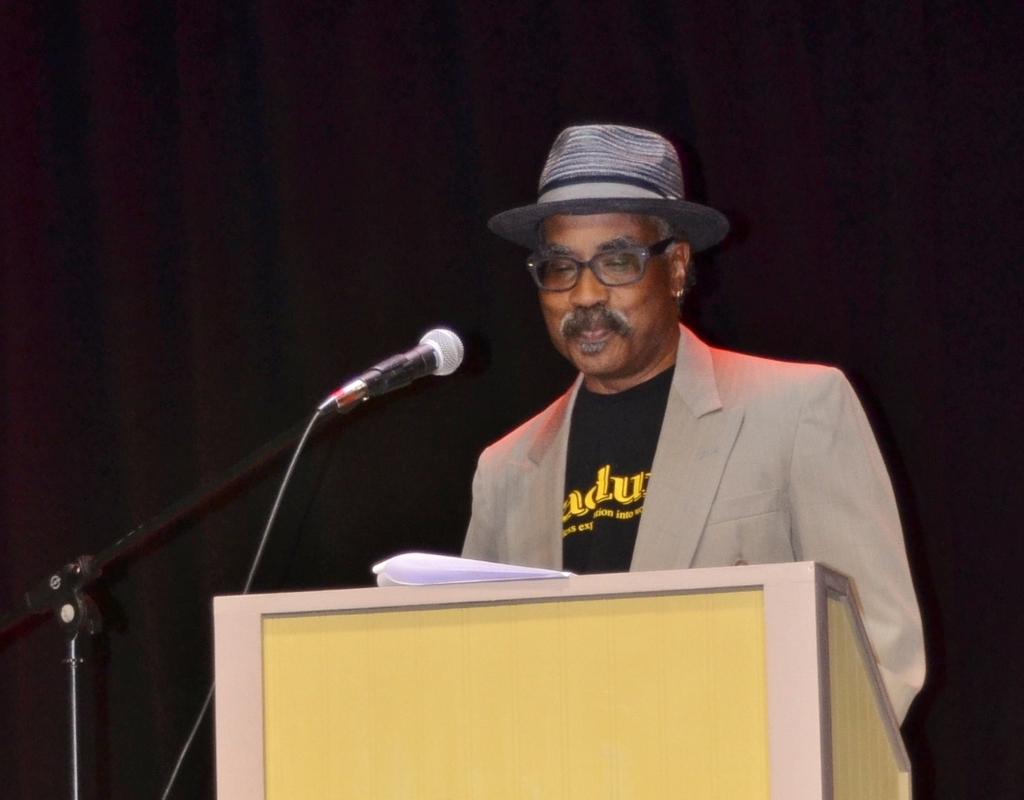
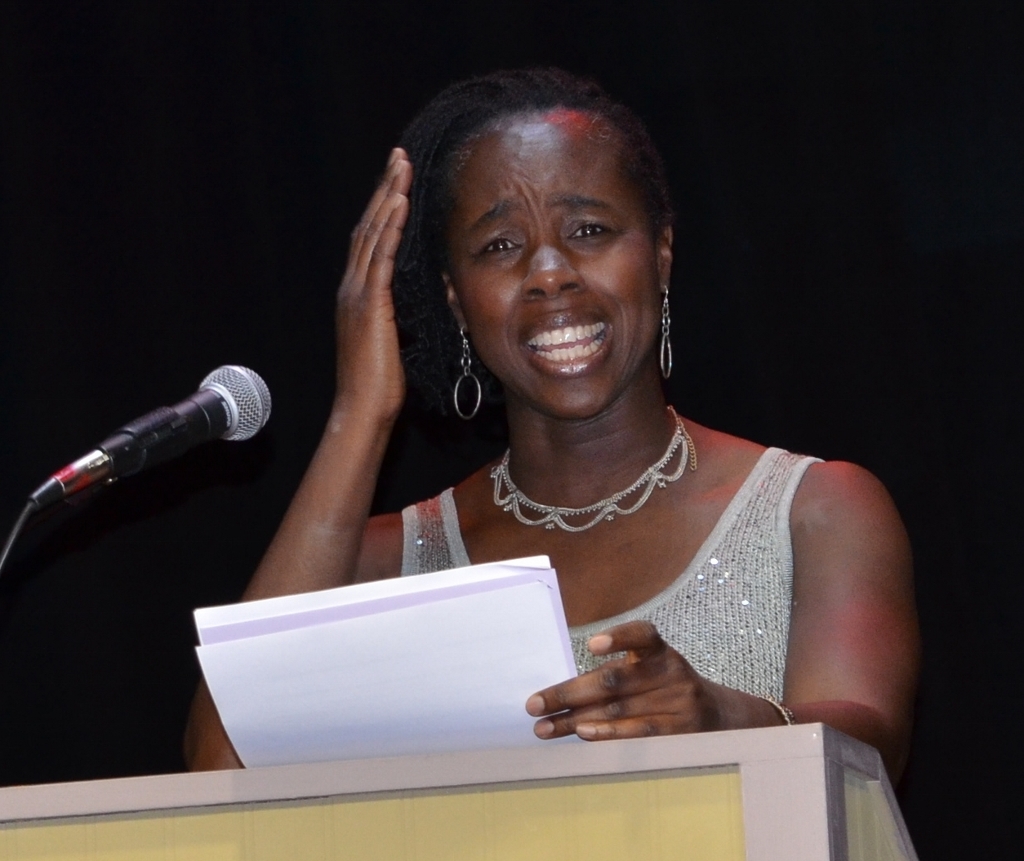 The Thursday evening event (which recognized that “back in that era” Thursdays were the day off for domestics who used the day to socialize and party) was filled with words that articulated stories and explored experiences that extolled James Brown, jazz syncopations through the diaspora, raising chickens, urban reflections, multi-racial upbringing, intimate reflections on life, Sly Stone, and love. Readers delivered their work in two rounds, and welcomed the guests when the doors opened and interacted with them during an extended intermission, a central component of this affair—the ability for the artists and guests to lessen the “divide” that often separates creative people from the public. The intermission was “the party within the party.” With a backdrop of jazz and contemporary tunes, pianist Andy Rudy set the ambiance complemented by a
The Thursday evening event (which recognized that “back in that era” Thursdays were the day off for domestics who used the day to socialize and party) was filled with words that articulated stories and explored experiences that extolled James Brown, jazz syncopations through the diaspora, raising chickens, urban reflections, multi-racial upbringing, intimate reflections on life, Sly Stone, and love. Readers delivered their work in two rounds, and welcomed the guests when the doors opened and interacted with them during an extended intermission, a central component of this affair—the ability for the artists and guests to lessen the “divide” that often separates creative people from the public. The intermission was “the party within the party.” With a backdrop of jazz and contemporary tunes, pianist Andy Rudy set the ambiance complemented by a 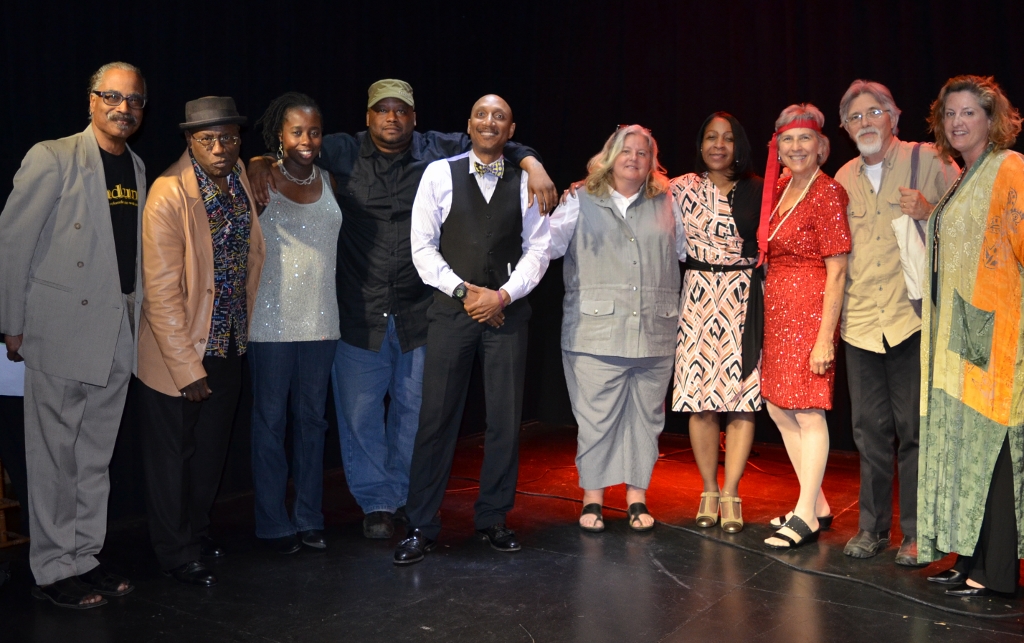
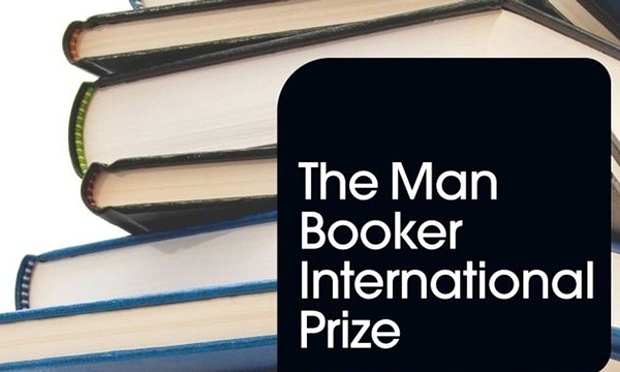 Established in 2005, the Man Booker International Prize has until now awarded one prize of £60,000 biennially to “a living author for a body of work representing an achievement in fiction on the world stage.” Hungarian writer László Krasznahorkai won the prize in 2015. The annual
Established in 2005, the Man Booker International Prize has until now awarded one prize of £60,000 biennially to “a living author for a body of work representing an achievement in fiction on the world stage.” Hungarian writer László Krasznahorkai won the prize in 2015. The annual